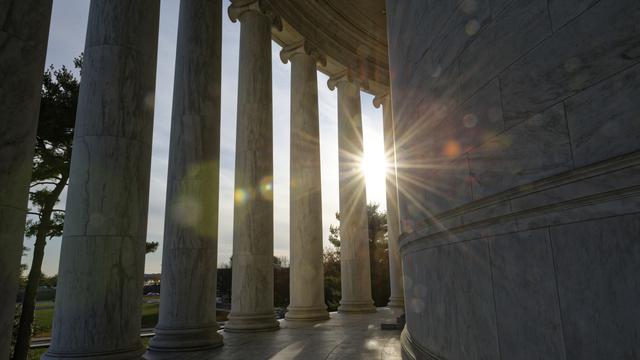Where does religious freedom come from?
Different people give different answers. Some believe it’s a gift from God. Others say it’s a right embedded in the nature of justice. Still others think it’s a creation of human beings, adapted to the interests and circumstances of their time. All these elements — divine, natural, legal — shape our experience with religious freedom. Faith in God gives it spiritual meaning. The demands of justice give it ethical grounding. But without the protection of law, religious freedom would remain a mere aspiration.

Documents such as the European Convention on Human Rights, the United States Declaration of Independence and the Universal Declaration of Human Rights preserve ideals of freedom on paper and influence the actions of governments worldwide. The words create beautiful moral norms — dignity, liberty, equality, inalienable rights. But these words have little binding effect if they are not incorporated in law and backed by society.
Laws vary according to the government, culture and values of a particular country, but the yearning for self-determination remains constant. Implanted in every human heart is the desire for respect, humane treatment and the space to practice beliefs alone or in a community of believers. In this way religious freedom has the force of a fundamental human right, grounded in human expectations even before laws are made.
Religious freedom is not absolute. Today and throughout history some people have done terrible things in the name of religion — terrorism, racial violence, murder, theft, abuse. The law rightfully prohibits such activities and puts safeguards in place to prevent them. Religious freedom does not include the right to be violent, endanger public safety or health, steal or damage property or prey on the weak. Fortunately, such abuses are an exception to the generally decent behavior of religious people and groups, most of whom desire only the freedom to live out their beliefs in dignity and peace. Legal limits on religious exercise should be imposed only when necessary to protect truly vital interests.
Every country has laws that manage its religious affairs. Without them there would be no common structure for diverse groups to get along in society. Some fear that foreign religions will compromise the cultural values and cohesion of their countries. But as long as religions abide by the law, behave responsibly and contribute to the common good, they will be more likely to fulfill their mission and allay those fears.
But if the law goes off track and abuses human rights, it is important that people of conscience, including those of religious faith, voice their opinions civilly and lawfully to bring about reform. Disobeying the law in pursuit of religious freedom will leave believers empty-handed. A healthy respect for just laws lays the best foundation for a lawful reform of unjust laws.